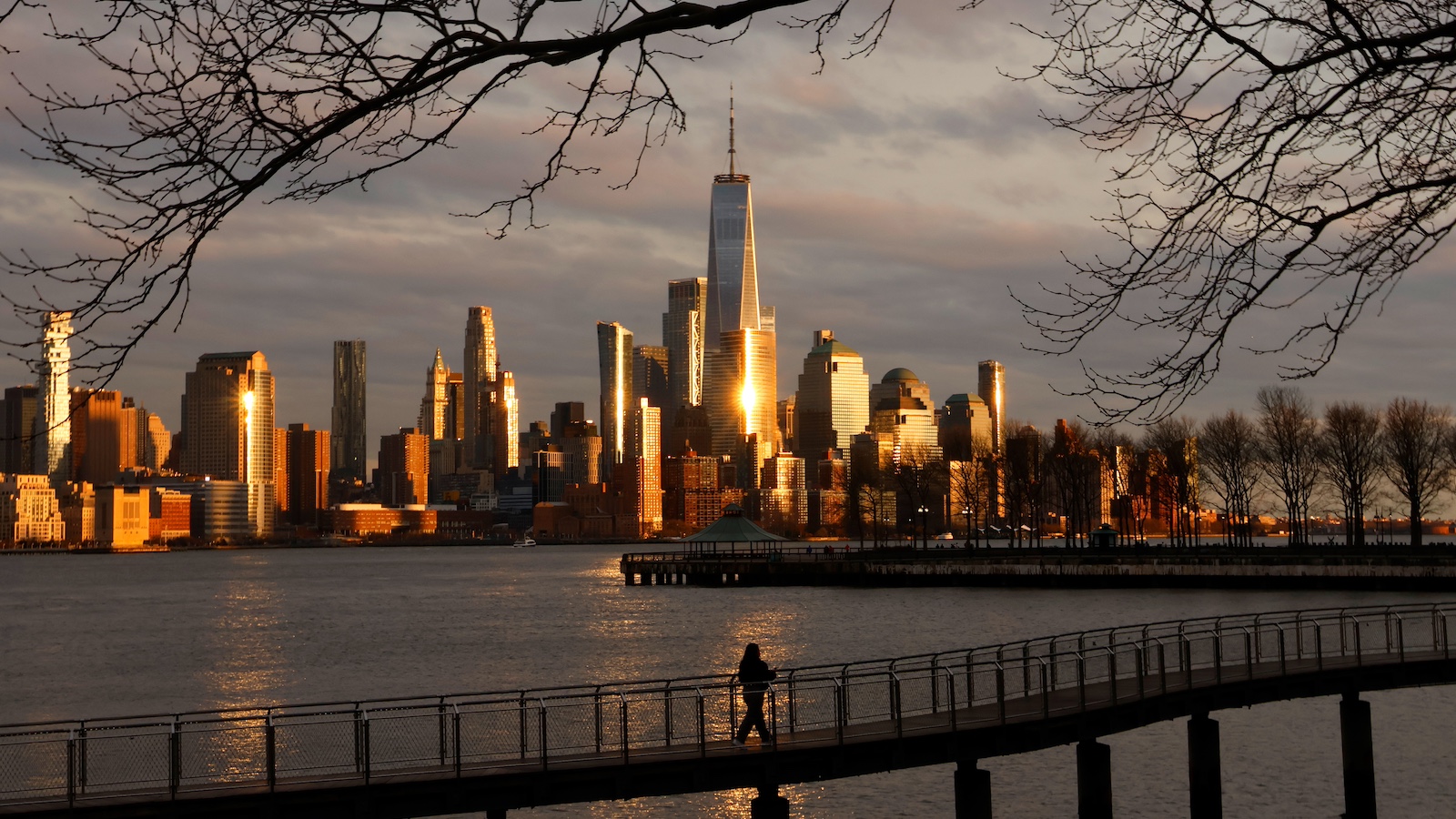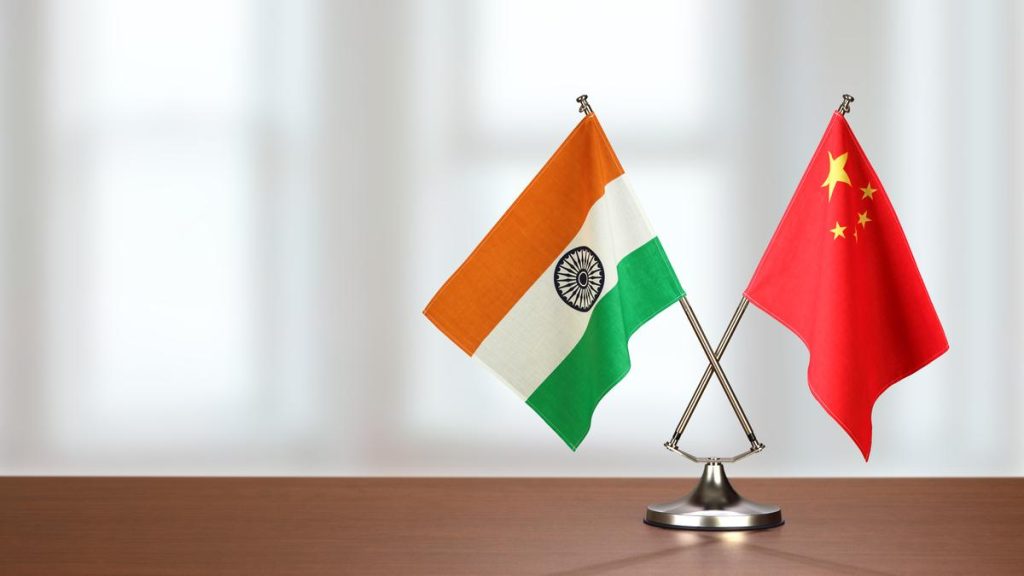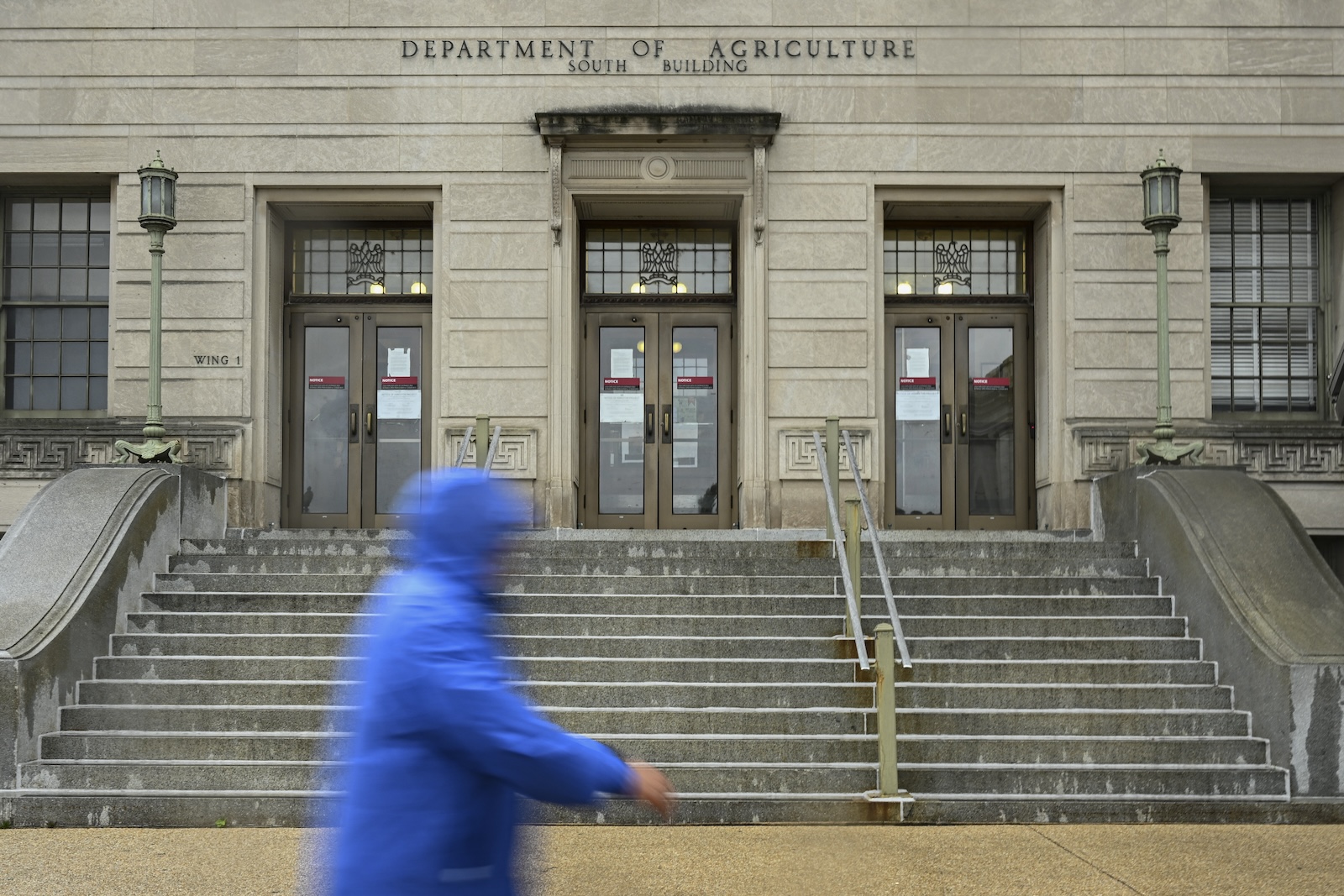Now Reading: U.S. Federal Judge Clears Way for Cities to Ban Natural Gas in New Buildings
-
01
U.S. Federal Judge Clears Way for Cities to Ban Natural Gas in New Buildings
U.S. Federal Judge Clears Way for Cities to Ban Natural Gas in New Buildings

Quick Summary
- A federal judge dismissed a lawsuit challenging New York city’s ban on natural gas in new buildings, marking a win for cities aiming to eliminate fossil fuel use in buildings.
- The ruling contrasts with the 2023 decision by the 9th U.S. Circuit Court of Appeals that struck down berkeley, California’s similar gas ban.
- NYC’s Local Law 154, adopted in 2021, prohibits combustion appliances emitting over 25 kg CO₂ per million British thermal units and mandates electric cooking and heating appliances in new constructions starting from 2024 (for smaller buildings) and extending to taller structures by 2027.
- The plaintiffs claimed NYC’s law was preempted by federal energy conservation standards under EPCA but were refuted as having an overly broad interpretation of the law.
- Legal experts believe this ruling strengthens cities’ ability to implement varied electrification policies and could revive stalled governmental efforts across the US.
- Trade groups plan to appeal; similar lawsuits against building electrification policies exist in other areas including Denver, Maryland, and Washington D.C.
indian Opinion Analysis
The Southern District of New York court decision upholds local autonomy regarding sustainable energy transition policies while rebuffing an expansive interpretation of federal regulatory boundaries under EPCA. For India-a nation facing urban growth challenges coupled with environmental imperatives-this highlights two key considerations: balancing regulatory frameworks at local versus national levels and fostering innovation-driven climate solutions.India could draw inspiration from this case when drafting environmental regulations to curb fossil fuel reliance without compromising economic activities linked directly to traditional energy infrastructure. As policy evolves alongside urbanization objectives like sustainability under schemes such as Smart Cities or Climate Resilience Initiatives, maintaining legal clarity across jurisdictional governance is crucial for avoiding economic disruption or prolonged litigation cycles witnessed internationally.






















